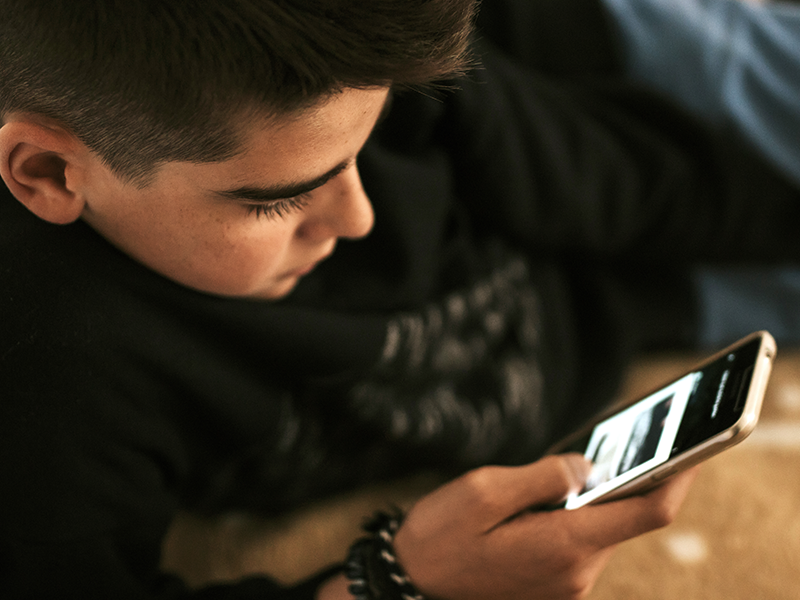
Study after study has linked social media use to the prevalence of mental health issues such as anxiety and depression in teenagers. That should come as no surprise to parents who have entered parenthood in the social media age. Social platforms like Instagram, Discord and Facebook can be like a school playground on steroids, where bullying, envy, peer pressure and other pitfalls can fester.
And more and more teenagers are participating. A 2018 Pew Research Center study of 13- to 17-year-olds found that 45 percent of them were online nearly all the time, while 97 percent used a social media platform such as YouTube, Facebook, Instagram or Snapchat.
Anecdotes from other studies in recent years tell a more troubling story. Teens who used social media more than three hours a day had increased risks of mental health problems, and like many adults, they became emotionally invested in social media. When they couldn’t log on, these feelings of anxiety and depression spiked. Even when adolescents aren't posting about their own lives, their passive scrolling leads to declines in satisfaction about their own lives.
Social media isn’t going away. The challenge for parents, then, is how to help their kids understand and navigate the terrain of social media, and to steer them toward the positive uses of these apps.
Using social media to communicate with others and build social networks can provide teens with a valuable peer-support network, and creating or sharing humorous content on platforms like TikTok can help build meaningful connections among peers. Social media can expose them to current geopolitical events and foster a broader perspective of the world around them, as well as create spaces where they can test their own self-expression.
The Mayo Clinic, a top-ranked medical care and research organization with clinics worldwide, makes the following suggestions for parents with teens who are on social media:
- Set reasonable limits. Talk to your teen about how to avoid letting social media interfere with sleep, meals or homework. Encourage a bedtime routine that avoids electronic media use, and keep cellphones and tablets out of teens' bedrooms. Set an example by following these rules yourself.
- Monitor your teen's accounts. Let your teen know that you'll be regularly checking his or her social media accounts. You might aim to do so once a week or more. Make sure you follow through.
- Explain what's not OK. Discourage your teen from gossiping, spreading rumors, bullying or damaging someone's reputation — online or otherwise. Talk to your teen about what is appropriate and safe to share on social media.
- Encourage face-to-face contact with friends. This is particularly important for teens vulnerable to social anxiety disorder.
- Talk about social media. Talk about your own social media habits. Ask your teen how he or she is using social media and how it makes him or her feel. Remind your teen that social media is full of unrealistic images.
Family Online Safety Pledge
Make sure your kids understand that having a connected device comes with responsibilities. This pledge provides guidelines to help your kids and teens use their devices and the internet safely.
C Spire Connect & Protect Plan
The C Spire Connect & Protect plan gives parents tools to easily track their kid’s location, restrict content, limit screen time, set boundaries for social media, and help protect them online at any age.
Read more helpful articles in the Parents’ Resource Center.

















